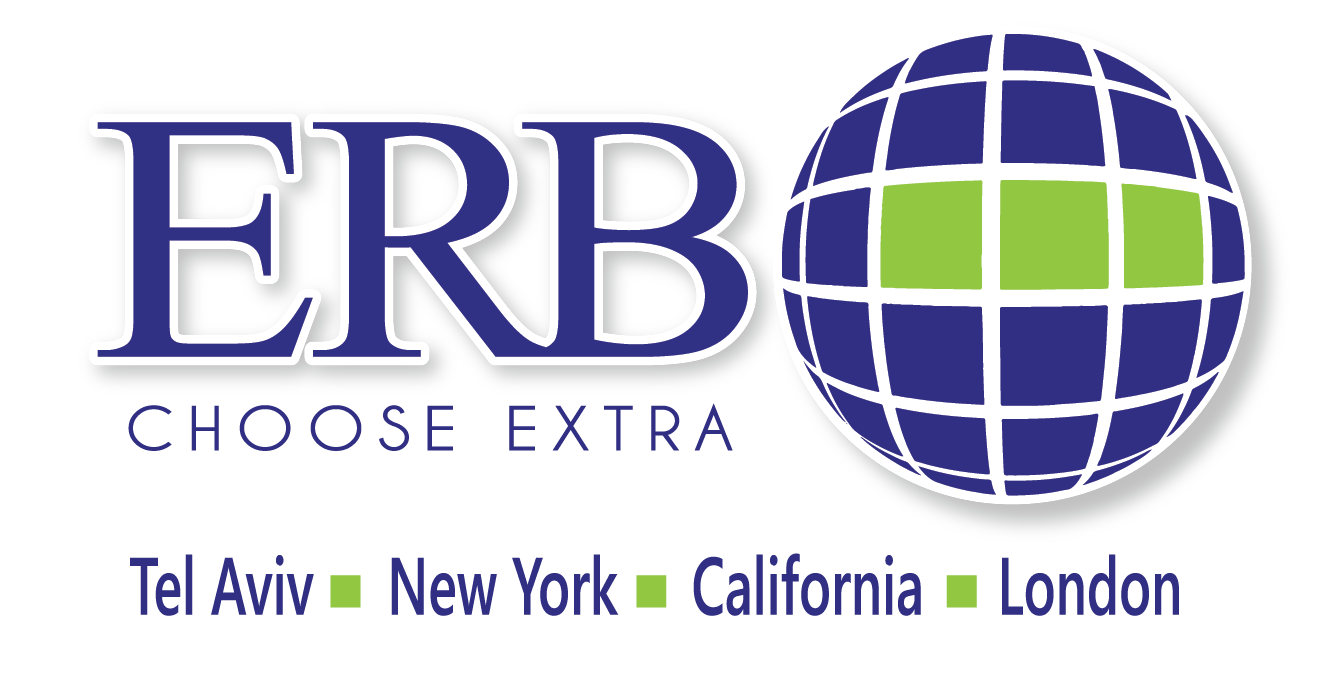If you own a business, then you no doubt know how critical zero-error bookkeeping of your payroll is. More than the finances of your business (and employees!) are at stake. Errors in payroll accounting expose you to claims and even criminal charges by the tax authorities when it comes time to file your tax returns – and good luck straightening out the mess when the chickens come home to roost! And yet, in spite of the critical importance of payroll accounting, there is insufficient regulation of the qualifications of payroll accountants. The results as revealed by a survey performed by Oketz Systems on 3,300 payrolls produced by 321 payroll accountants over the past year are staggering: a mean 13.4% error rate in the calculation of salaries for daily employees and a mean 12.6% error rate in the calculation of illness compensation.
Employment as a payroll accountant is no guarantee of suitable education or training
This sad state of affairs is no surprise given the lack of regulation of the field. Many, indeed most, of the individuals providing payroll accounting services are not specialized payroll accountants by education or training and lack formal qualification in the field.
In fact, out of over 70 thousand active payroll accountants that have passed the Institute of Certified Public Accountants bar exam, only 30% have had formal education in payroll accounting. The rest have familiarized themselves with the field “on the job” but never acquired any formal education in payroll accounting.
Experience no substitute for education
You might think (and certainly many self-titled “payroll accountants” seem to think) that the requisite skills and knowledge can be learned “on the job” – and never mind the unfortunate individuals that have suffered the consequences.
However, given the wide range of fields the payroll accountant must be knowledgeable in such as labor law, income tax and NII (National Insurance Institute) regulations, pension and insurance provisions, company vehicles, cell phones, coupons and so forth, the job is too complex and specialized to be performed adequately by someone lacking formal education in the field. Furthermore, over the years the field has become increasingly complex with the introduction of obligatory pension contributions in 2008, amendment 24 to the WAGE PROTECTION LAW, amendment 16 to the LAW OF SUPERVISION OF FINANCIAL SERVICES and other developments in the regulatory environment. The increased complexity of the field not only requires greater expertise and constantly keeping up to date on the part of the payroll accountant – it also increases the volume and complexity of the work, requiring him to devote far more man hours in order to properly manage the payrolls of his clients and avoid costly errors.
As the regulatory environment is constantly shifting, even a qualified payroll accountant familiar with the proper literature and legal forums must exert himself to keep up to date. For an unspecialized accountant, the task is impossible. At best he will constantly lag behind the changes by several months to several years and embroil his clients in avoidable financial and legal consequences.
Caveat emptor
In the absence of government regulation, and without a realistic option of checking up every single pay slip produced by the payroll accountant, it is left up to the business owner to take proper precautions at inception, when he first hires a payrolls accountant and entrusts him with the financial and legal probity of his business.
Insist your CFO or financial controller ensure the payroll accountant has been qualified by the Institute of Certified Public Accountants as a payroll accountant, appear as such in the database of the Institute of Certified Public Accountants, and has undergone the annual advanced training sponsored by the institute required to keep up with the changing regulatory environment. ERB, for example, requires its payroll accountants to meet all of these standards.
Do not let yourself be bamboozled by talk of “experience”. Experience is both unverifiable and no substitute for formal qualification as a payroll accountant. The importance of the job of the payroll accountant cannot be overstated and it has only grown more complex with the introduction of obligatory pension contribution and other regulations. The safest, most reliable choice for your business is to secure your payroll accounting services from a company with a proven track record of employing only bona fide payroll accountant.
